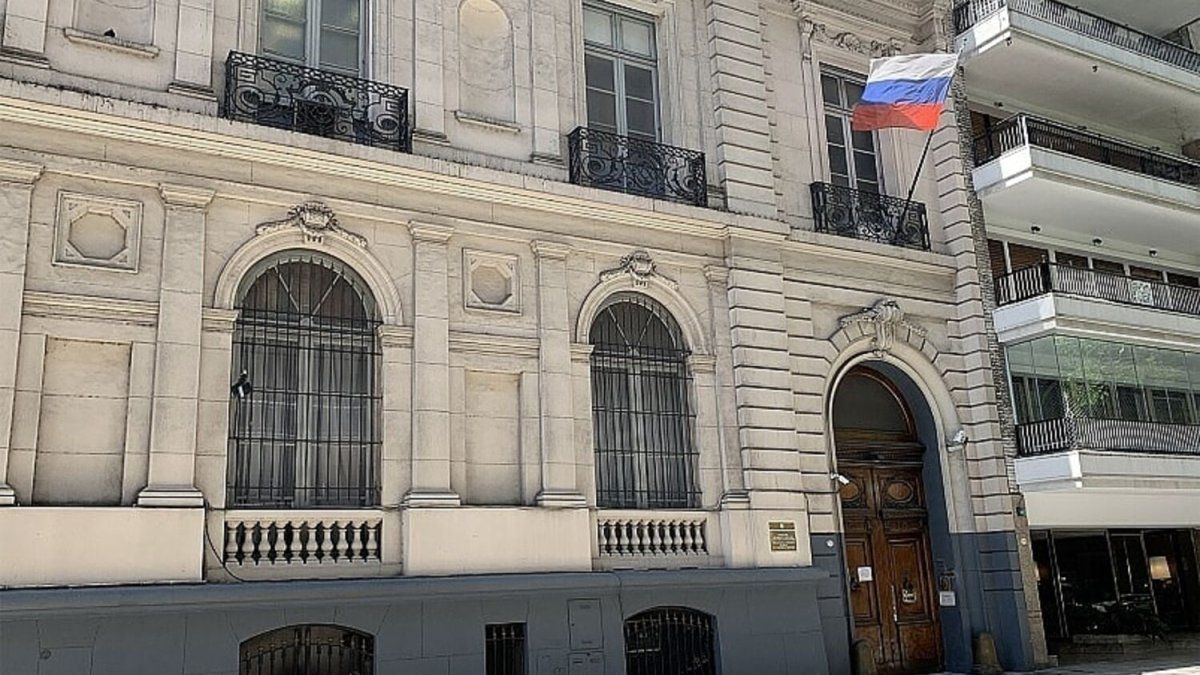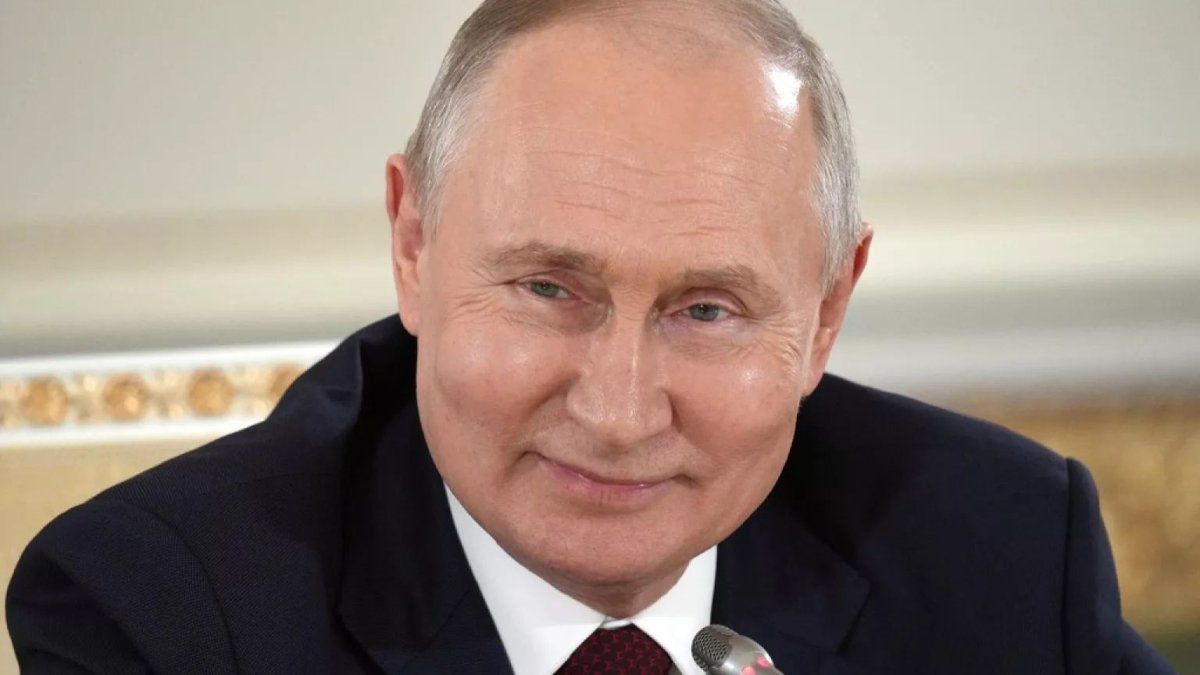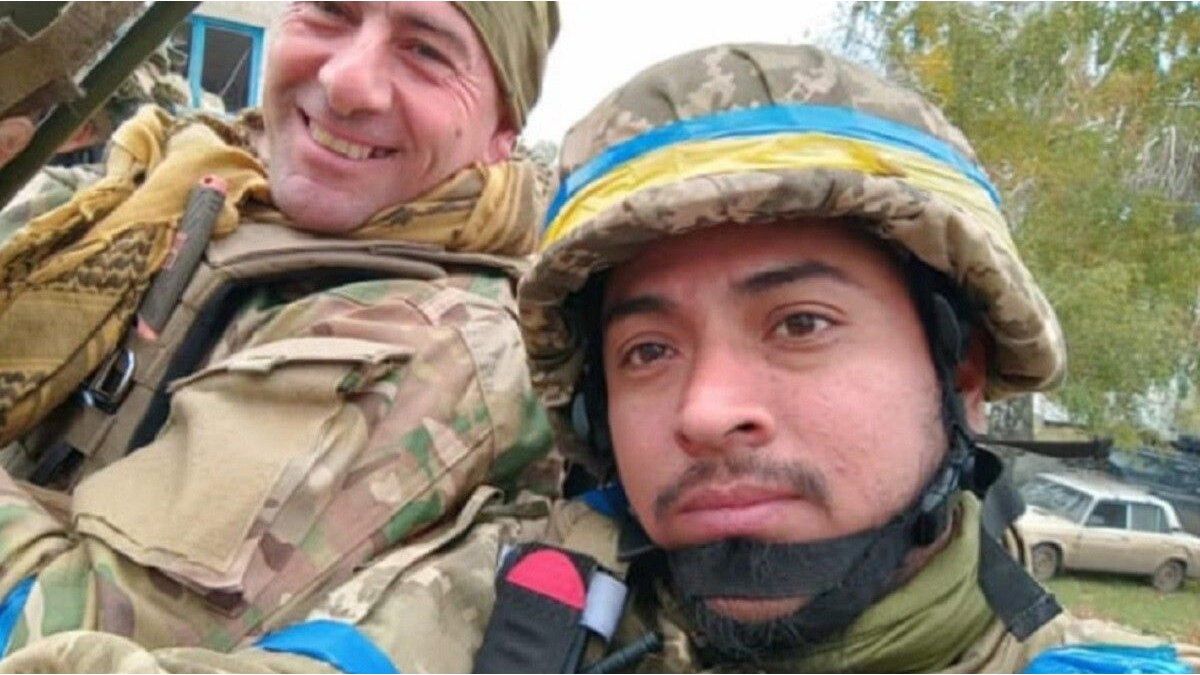In detail, the treaty was adopted in 1961 after a conference convened by the Organization of the United Nations (UN)and it came into force only three years later. The text defines the functions, rights and immunities of diplomatic representatives in each country. Since the constitutional reform of 1994, ratified international treaties have a higher rank than ordinary national laws.
What is the Vienna Convention and what will happen to Russian diplomats
Since its creation, 190 States – all UN members and permanent observers such as the Palestinian National Authority or the Holy See) are part of the provisions and in countries that did not sign the document – such as Palau, Solomon Islands and South Sudan – its provisions are apply as customary international law. The Argentina signed its accession from the beginning.
The first secretary of the Russian embassy in Buenos Aires, Alexander Stebunianstated that what happened represented a “serious violation of international law, especially its provisions on diplomatic immunities.” As detailed by the official, the convention establishes that “no diplomatic vehicle may be subject to any search or embargo.”
Vienna Convention.pdf
The Vienna Convention was signed by 190 States belonging to the United Nations Organization.
United Nations Organization.
Specifically, this is reflected by the article 22, paragraph 3which establishes: “the premises of the mission, its furniture and other property located therein, as well as the means of transportation of the mission, They may not be subject to any search, requisition, seizure or enforcement measure.”
In this sense, regarding the relationship with diplomats, article 31 delves into this sense and establishes that they will enjoy “immunity from the criminal jurisdiction of the receiving State“. In addition, it also establishes protection in civil and administrative jurisdiction, with the exception of the following cases:
- “Of a real action over private real estate located in the territory of the receiving State, unless the diplomatic agent possesses them on behalf of the sending State for the purposes of the mission;
- “Of a succession action in which the diplomatic agent appears, in a private capacity and not on behalf of the accrediting State, as executor of the will, administrator, heir or legatee;
- “Of an action referring to any professional or commercial activity carried out by the diplomatic agent in the receiving State, outside of his official functions.”
Although they should not have refused to record the rejection of the breathalyzer test, Article 29 of the Convention provides an argument in favor of the Russian representatives in the face of a possible second instance of the incident: “The person of the diplomatic agent is inviolable. You cannot be subject to any form of detention or arrest. The receiving State will treat him with due respect and will take all appropriate measures to prevent any attack against his person, his freedom or his dignity.”
However, these articles seem to conflict with what is provided in No. 41, which details: “without prejudice to their privileges and immunities, all persons who enjoy those privileges and immunities They must respect the laws and regulations of the receiving State”. In this way, what happened with the diplomats can be interpreted from different axes: by refusing the alcohol test, the diplomats would not be respecting the laws and regulations of the country, but the police could not in any way search or seize the vehicle.
Who are the two delayed Russian diplomats?
Sergei Baldin
The first Russian diplomat to be delayed is called Sergei Baldin, he is 38 years old and works like commercial manager of the Russian Embassy in Argentina. He has an Argentine National Identity Document (DNI), under the number 60 million, on par with the document from his country. In addition, it has an address at 2300 Dragones Street.
Baldin barricaded himself in his car for more than an hour, after refusing to take the test, and from there he was referred to the Embassy, which he finally entered for a while after being parked surrounded by the media.
Cardmath Solomatin
The second person involved is called Cardmath Solomatin and is co-director of the House of Russia in Buenos Aires. In his case, he rolled up the window of his Toyota Corolla and talked on the phone, also refusing to take the test. The Russian House is a cultural center that offers study scholarships, courses and workshops related to the country. In addition, it is the venue for events and has a library.
Source: Ambito
I am a 24-year-old writer and journalist who has been working in the news industry for the past two years. I write primarily about market news, so if you’re looking for insights into what’s going on in the stock market or economic indicators, you’ve come to the right place. I also dabble in writing articles on lifestyle trends and pop culture news.




